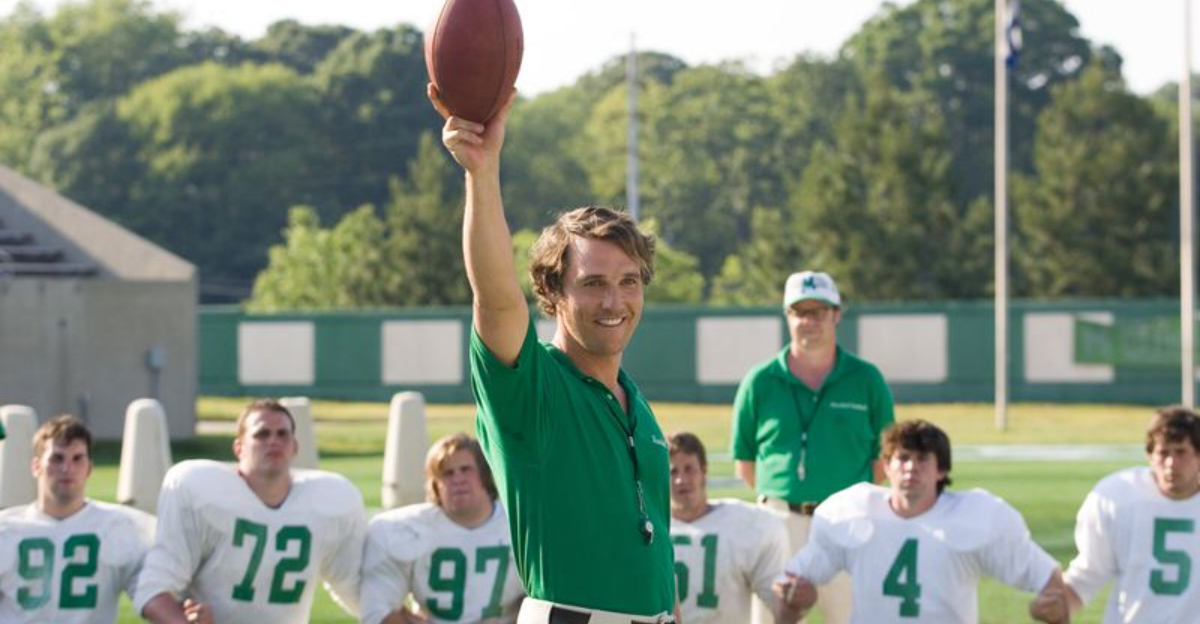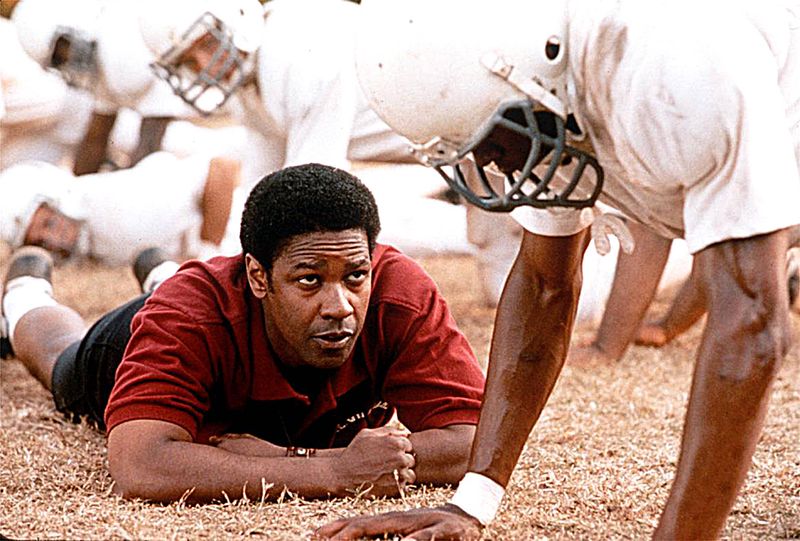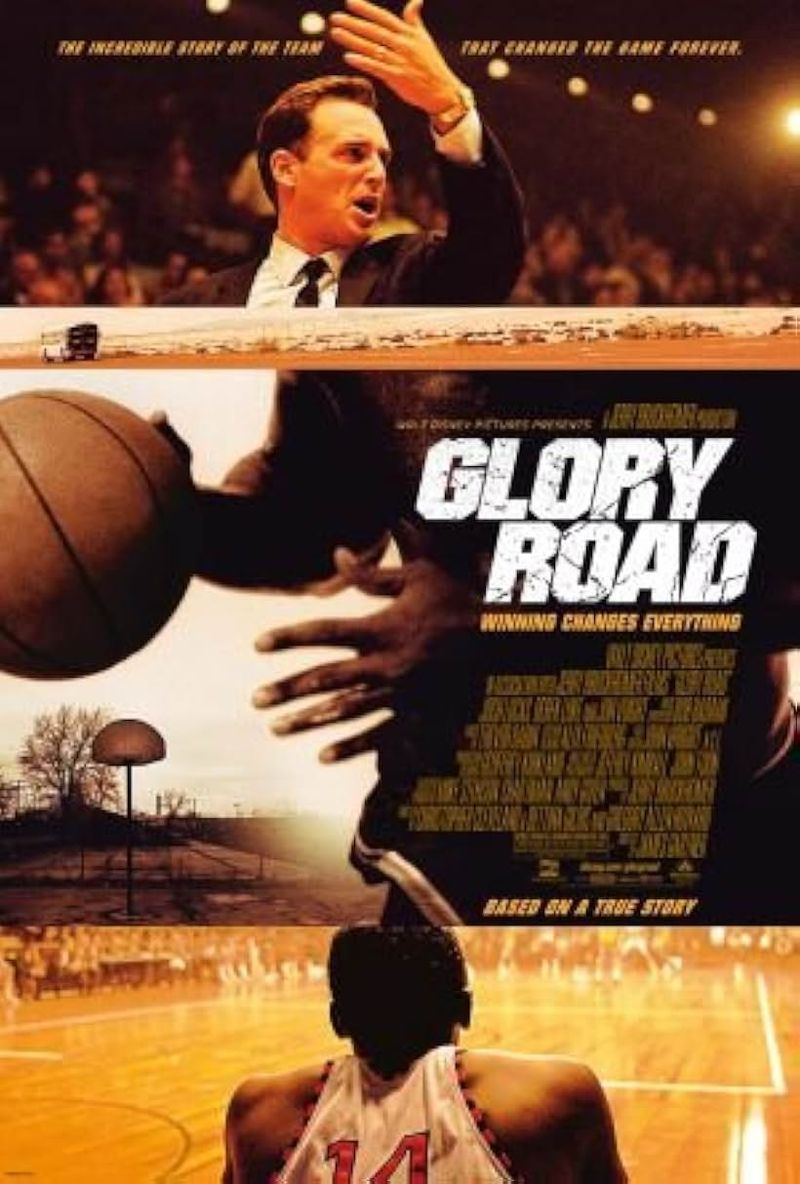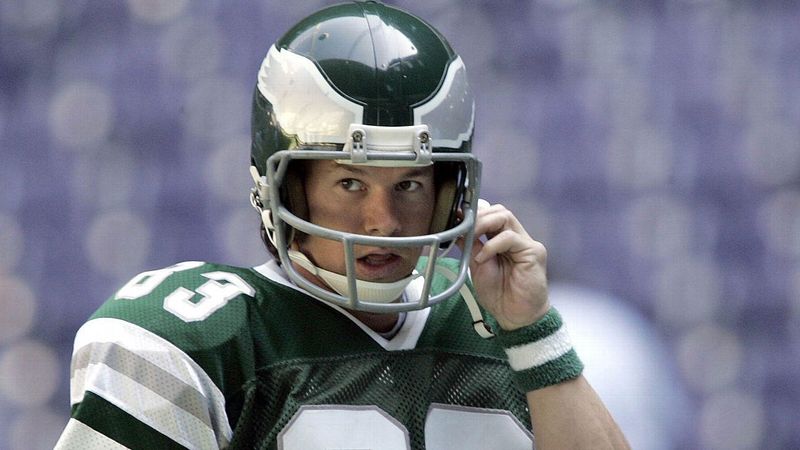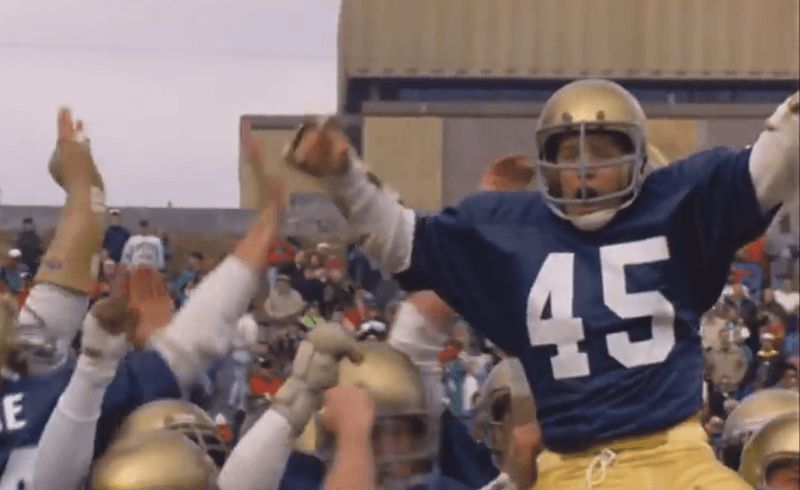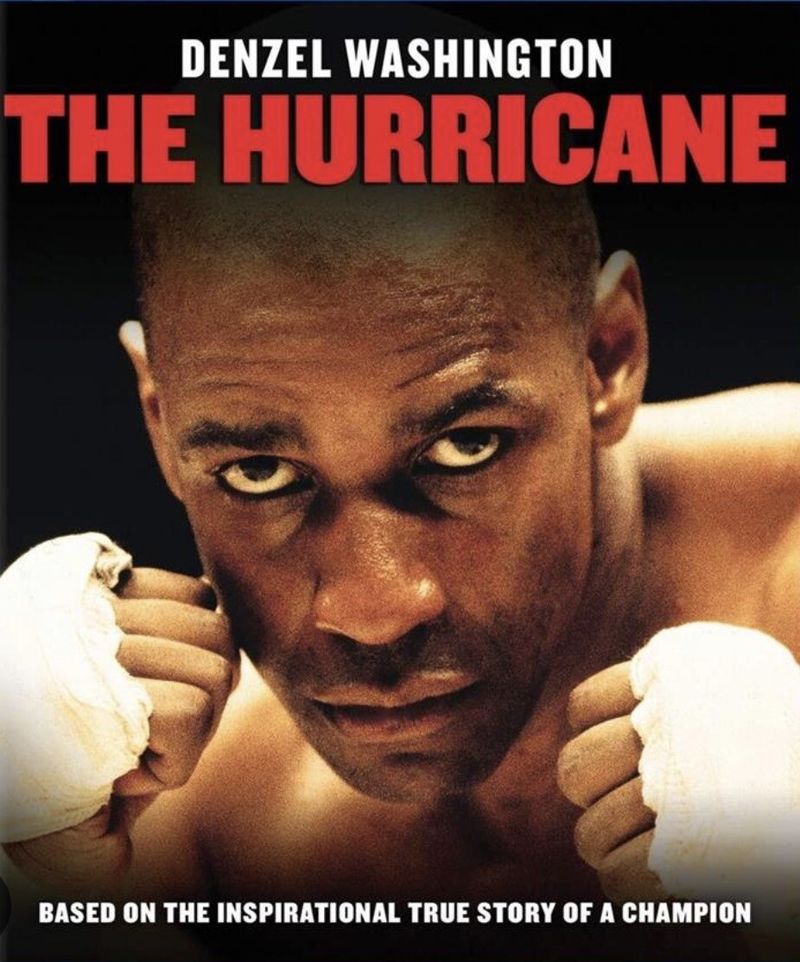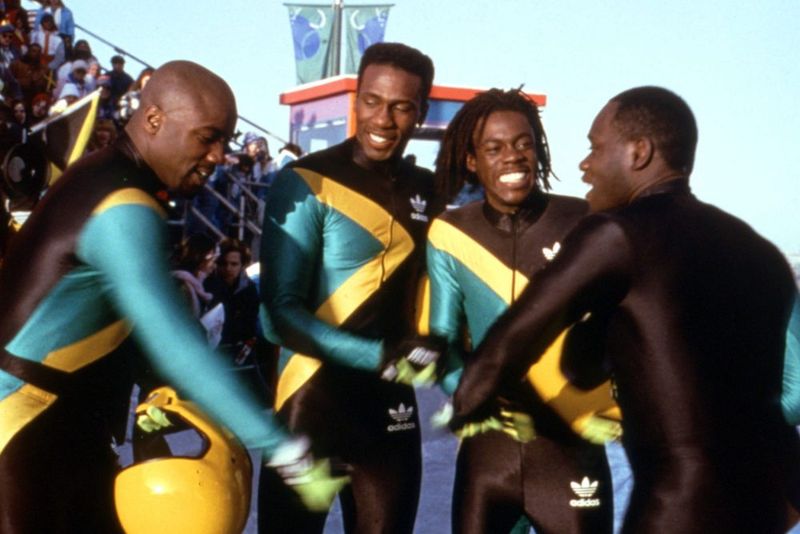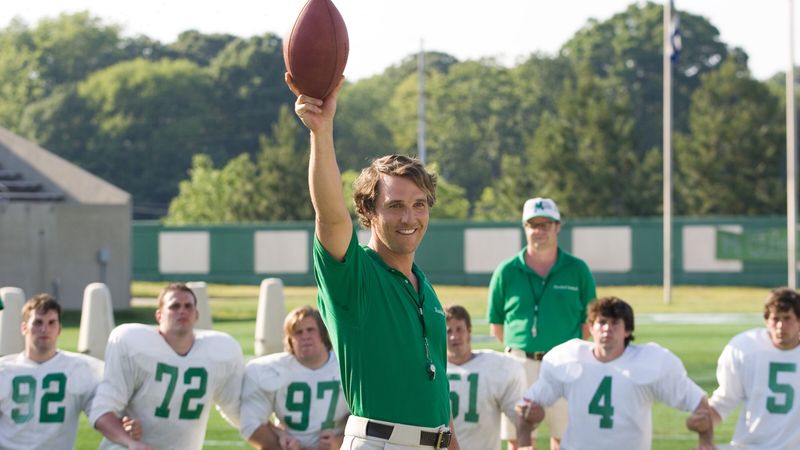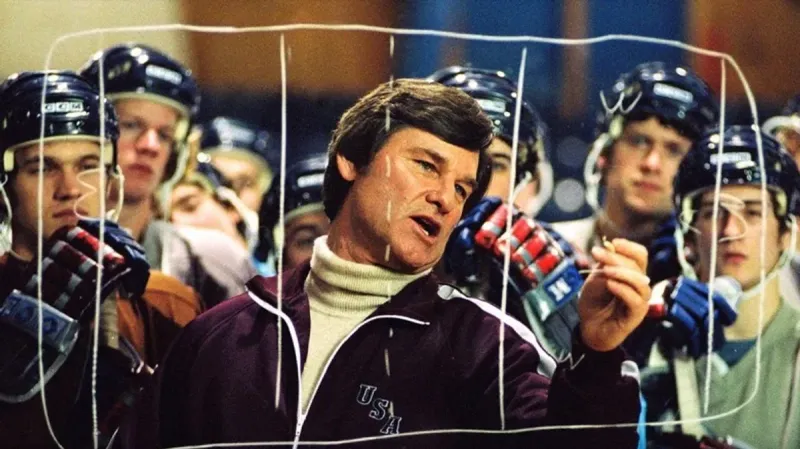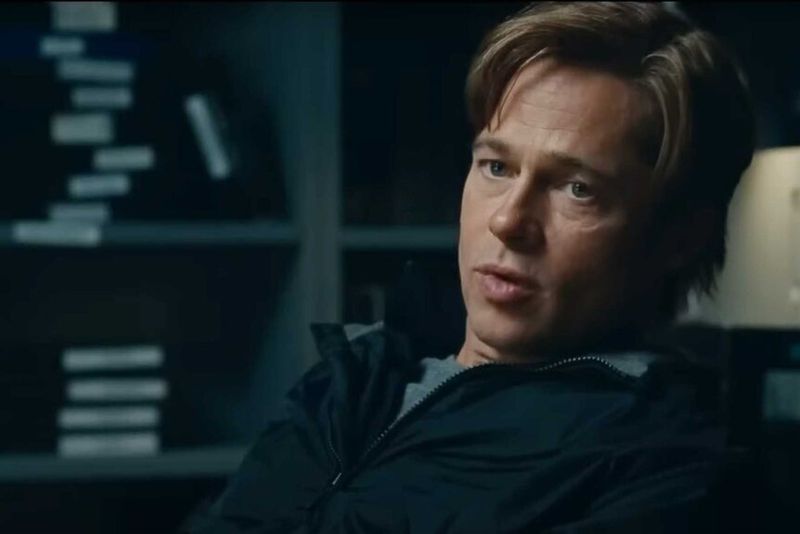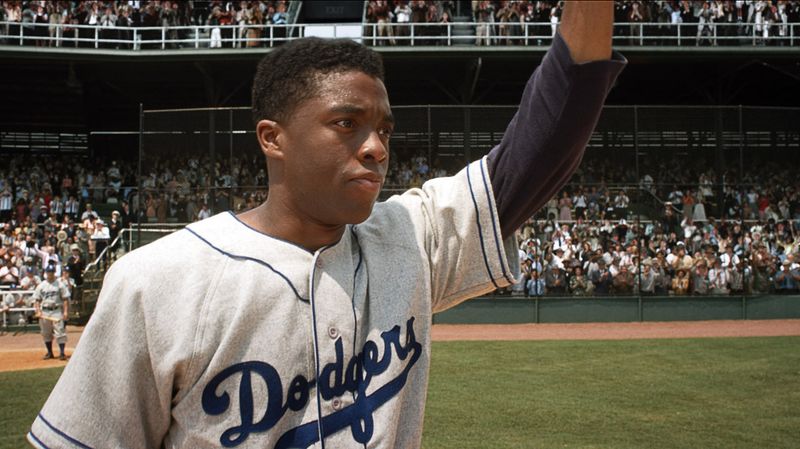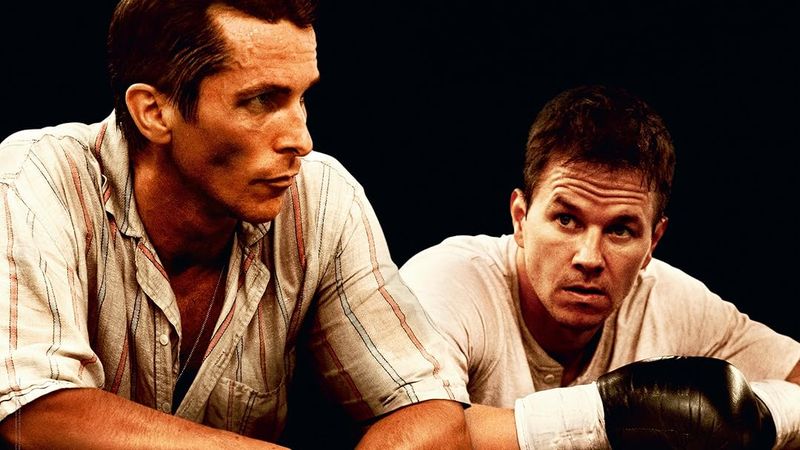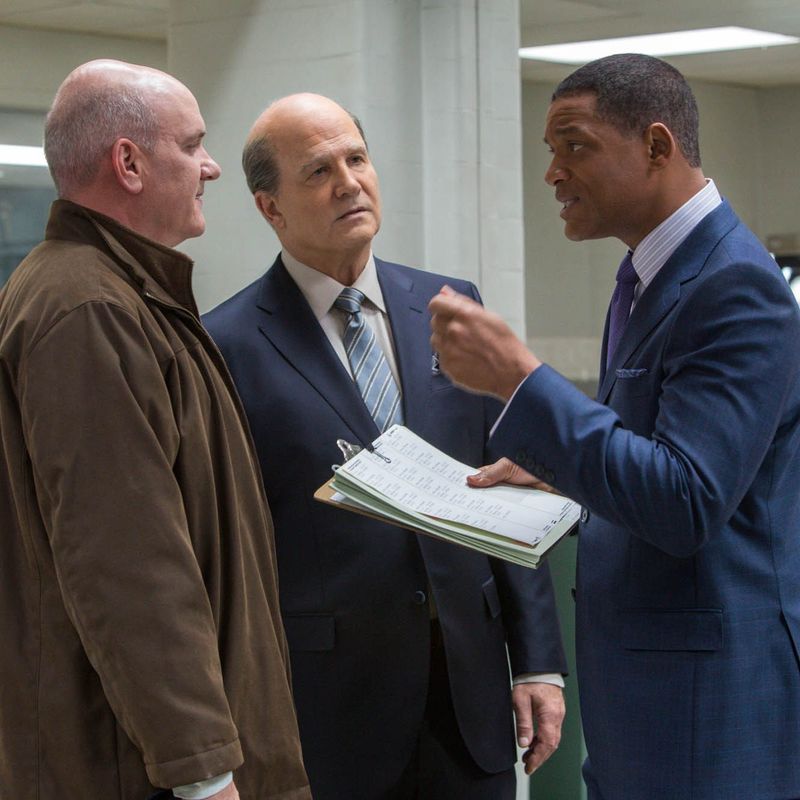In the world of cinema, sports movies often tout themselves as ‘true stories,’ capturing the hearts of audiences with tales of underdogs, triumphs, and life-changing moments. However, the reality is often more complicated, with artistic liberties taken for dramatic effect. Here, we explore 13 sports films that present themselves as true stories but deviate significantly from the facts.
1. Remember the Titans (2000)
Remember the Titans tells the tale of a divided football team that overcomes racial tensions to win a championship. The film paints a picture of unity forged through adversity. In reality, Coach Herman Boone’s team was not as divided as portrayed. Many characters were composites. The film’s pivotal moments, such as the Gettysburg speech, were fictional. While based on true events, the movie exaggerated the racial discord. This embellishment served the narrative but strayed from the less turbulent truth.
2. The Blind Side (2009)
The Blind Side depicts Michael Oher’s journey from a troubled youth to NFL success, thanks to the Tuohy family’s support. While the family played a role, Oher himself has expressed discomfort with the film’s portrayal of him. His story was more about personal resilience and mentorship than a “white savior” narrative. The film simplified complex relationships for dramatic purposes, overshadowing Oher’s own agency and intelligence. This creative choice altered the inspiring but intricate reality of Oher’s rise.
3. Glory Road (2006)
Glory Road celebrates the historic NCAA championship win by Texas Western, the first team to start five Black players. The film portrays rampant racism and resistance, dramatizing events for effect. Despite their pioneering achievement, the real team did not face the extreme hostility depicted, such as hotel vandalism and death threats. By intensifying these aspects, the film aimed to heighten the drama, yet it veered away from the actual, less sensational experiences of the players and their groundbreaking victory.
4. Invincible (2006)
Invincible tells the inspiring story of Vince Papale, a bartender who defies the odds to join the Philadelphia Eagles. However, Papale wasn’t just an ordinary bartender; he had previously played semi-professional football. The film embraces the underdog narrative, embellishing his journey for dramatic flair. Papale’s determination was real, but his athletic background was understated, shaping a story that resonated with audiences. This decision crafted an engaging tale but overlooked the depth of Papale’s pre-existing sports experience.
5. Rudy (1993)
Rudy chronicles the relentless pursuit of Rudy Ruettiger to play for Notre Dame. His underdog spirit shines through, driven by a dream. Yet, the film exaggerated his physical limitations and struggles. Ruettiger’s journey was remarkable, but the movie amplified his challenges for emotional impact. While he was carried off the field, the reality was less romanticized. The creative liberties taken transformed his story into a compelling narrative, capturing hearts despite straying from the true scale of his obstacles.
6. The Hurricane (1999)
Rubin “Hurricane” Carter’s life story is one of both triumph and controversy. The film portrays his boxing prowess and his wrongful imprisonment in a gripping narrative. However, many critics argue that the movie glosses over key facts about the case, including evidence that led to his conviction.
7. Cool Runnings (1993)
Cool Runnings shares the amusing story of Jamaica’s first bobsled team overcoming the odds. The film adds comedic elements, like a dramatic crash that never happened. John Candy’s character was entirely fictional. While the team’s spirit was genuine, their Olympic experience was less chaotic. This creative license led to an entertaining movie, capturing the essence but straying from reality. The film’s charm lies in its humor, though it diverges from the true, more straightforward tale of determination and teamwork.
8. We Are Marshall (2006)
We Are Marshall dramatizes the rebuilding of a college football team after a tragic plane crash. The film includes fictionalized elements, such as Matthew McConaughey’s character’s poignant pep talks. The real story was about recovery and resilience, with fewer dramatic speeches. The addition of fictional drama heightened emotional impact, but at the cost of factual accuracy. The heart of the story, however, remains a tribute to the surviving team’s spirit and perseverance in the face of unimaginable loss.
9. Miracle (2004)
Miracle portrays the ‘Miracle on Ice’ where the U.S. hockey team defeated the Soviets. The film emphasizes the team’s underdog status, yet many players were top-tier college athletes. This embellishment created a dramatic narrative of improbable victory, appealing to audiences. The real team’s skill and preparation were understated to heighten the ‘miracle’ aspect. The cinematic choice made for an engaging story, though it deviated from the true level of the players’ capabilities and the realistic odds they faced.
10. Moneyball (2011)
Moneyball tells the story of Billy Beane revolutionizing baseball with data analytics. The film focuses on Beane, downplaying the contributions of others like Paul DePodesta, who was renamed. This simplification crafted a dramatic tale of innovation and challenge. While Beane’s approach was groundbreaking, it was a team effort. The movie’s narrative choice highlighted a singular triumph, resonating with audiences eager for a story of individual genius. This appeal came at the cost of a more nuanced and collaborative reality.
11. 42 (2013)
42 chronicles Jackie Robinson breaking MLB’s color barrier, a true story of courage and change. While Robinson’s achievements are accurately portrayed, some events are dramatized, like the coach’s racist rant. This creative choice heightened tension for dramatic effect. Robinson’s real story was one of profound impact and endurance. The film’s embellishments sought to amplify this legacy while straying from pure fact. Despite these deviations, Robinson’s journey remains a powerful narrative of strength and tenacity in the face of adversity.
12. The Fighter (2010)
The Fighter focuses on Micky Ward’s rise, supported by his brother Dicky. The film highlights Dicky’s troubled life, exaggerating his struggles with addiction. Ward’s journey to success wasn’t solely due to Dicky’s influence, though it added drama. This narrative choice emphasized the complexity of family ties, resonating with audiences. The real-life dynamics were less clear-cut. By amplifying certain elements, the film crafted a gripping story of redemption and perseverance, albeit one that diverged from the nuanced truth of their relationship.
13. Concussion (2015)
Concussion depicts Dr. Bennet Omalu’s battle to expose the NFL’s CTE issue. The film captures the resistance he faced, yet dramatizes key confrontations. Omalu’s real struggle was impactful, but less theatrical. The embellishments created a narrative of lone courage, resonating with viewers. While the scientific findings were accurate, the movie’s portrayal of events emphasized drama over fact. This choice crafted a compelling story, though it simplified the collaborative efforts behind the groundbreaking research on player health and safety.
